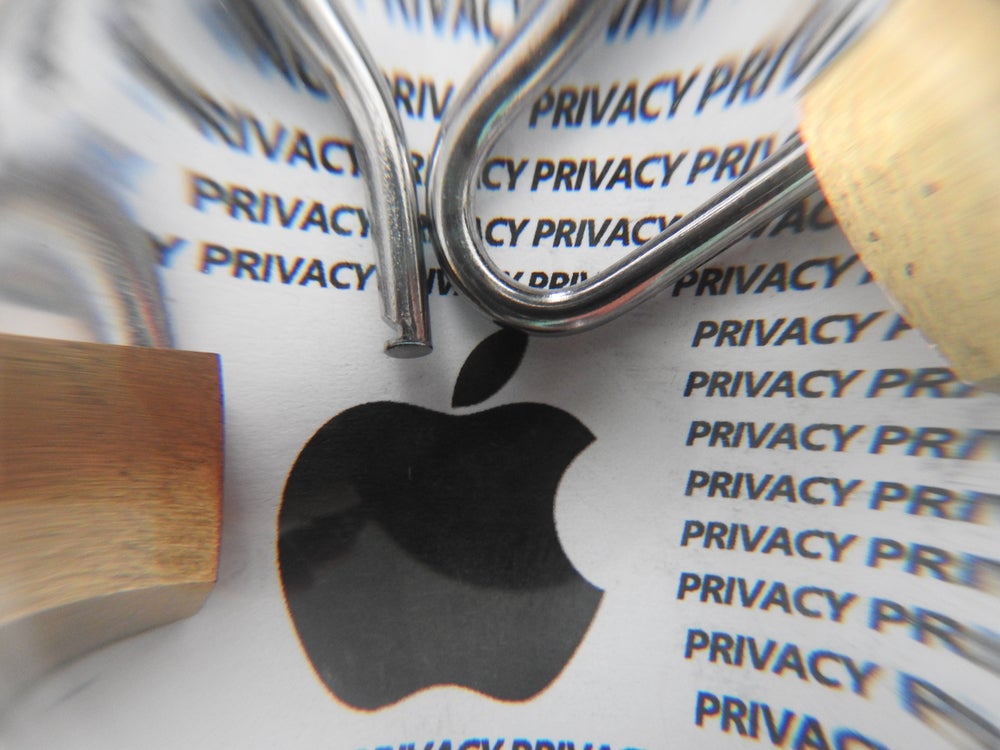Apple announced its own AI efforts, called Apple Intelligence, at its Worldwide Developer Conference in Cupertino, California.
The company will offer multiple on-device intelligence features such as rewriting and proofreading text, email summaries, creation of generative AI (GenAI) images and emojis, and contextual understanding between apps. Apple’s voice assistant Siri was upgraded with AI to add the ability to have conversational context, switch between text and voice, on-screen awareness, as well as the capability to act inside an app.
Apple partnership with OpenAI
Apple also announced a partnership with OpenAI to bring its latest large language model (LLM) ChatGPT 4.0 to Apple devices.
The intelligence features will work with devices that have the A17 and M family of chipsets and will be available in beta mode starting H2 2024 across iOS 18, iPadOS 18, and MacOS Sequoia.
Apple versus Google and Microsoft
Apple’s intelligence will start to trickle into its latest products in beta mode starting H2 2024, and its integration into its ecosystem will be gradual over the years. Meanwhile, Google is taking AI to its older devices and will reach 200 million Google Android devices by end-2024. The features announced by Apple are not revolutionary. Apple’s iOS18 AI functionality mirrors Microsoft‘s Recall, leveraging a semantic graph to personalise user interactions, which aims to refine the user experience by constructing a comprehensive model of the user’s behaviour and preferences, to inform and personalize system responses. Apple’s Image Playground is like Google’s Imagen 3, which can create images from prompts.
Apple may also be keeping some AI capabilities in reserve and be planning to unveil exclusive features with the next iPhone release. The upcoming iPhone cycle is crucial for the company after a period of three years of lacklustre sales, regulatory scrutiny, falling sales in China, and a loss in market cap to Microsoft and Nvidia on the strength of their AI business. Apple will need to upsell its AI big time.

US Tariffs are shifting - will you react or anticipate?
Don’t let policy changes catch you off guard. Stay proactive with real-time data and expert analysis.
By GlobalDataEmphasis on privacy and user experience
Apple’s AI announcement is a big step forward for a company that has appeared to be a slacker, especially as Google’s approach of integrating its Gemini AI models into its Android devices took the fight right into Apple’s backyard: smartphones.
However, Apple is approaching GenAI cautiously. Unlike its competitors, the company has taken a consumer-friendly approach to explaining the benefits of AI, avoiding technical jargon. Its emphasis on on-device intelligence and private cloud compute aligns with its narrative around privacy and transparency.
Its Android rival Google’s marketing and messaging around AI has been scrambled at best. Apple will also add an extra layer of security, allowing its cloud servers to be audited and certified by independent third-party experts. The company’s on-device small models will be trained and fine-tuned on a host of licensed content, with data staying on the device. Apple is addressing privacy and data security at the outset – issues that have not been handled well by the AI industry.
Market impact
The current adoption rate of Google’s AI premium service is alarmingly small, with only a million users out of its vast installed base. This figure, a mere 0.03%, is indicative of a disconnect between Google’s offering and the market’s expectations or needs.
If GenAI is to have any impact, it needs to be brought to the masses in apps, services, and devices that consumers already use. Apple, along with rivals Google and OpenAI, are attempting to do just that.









